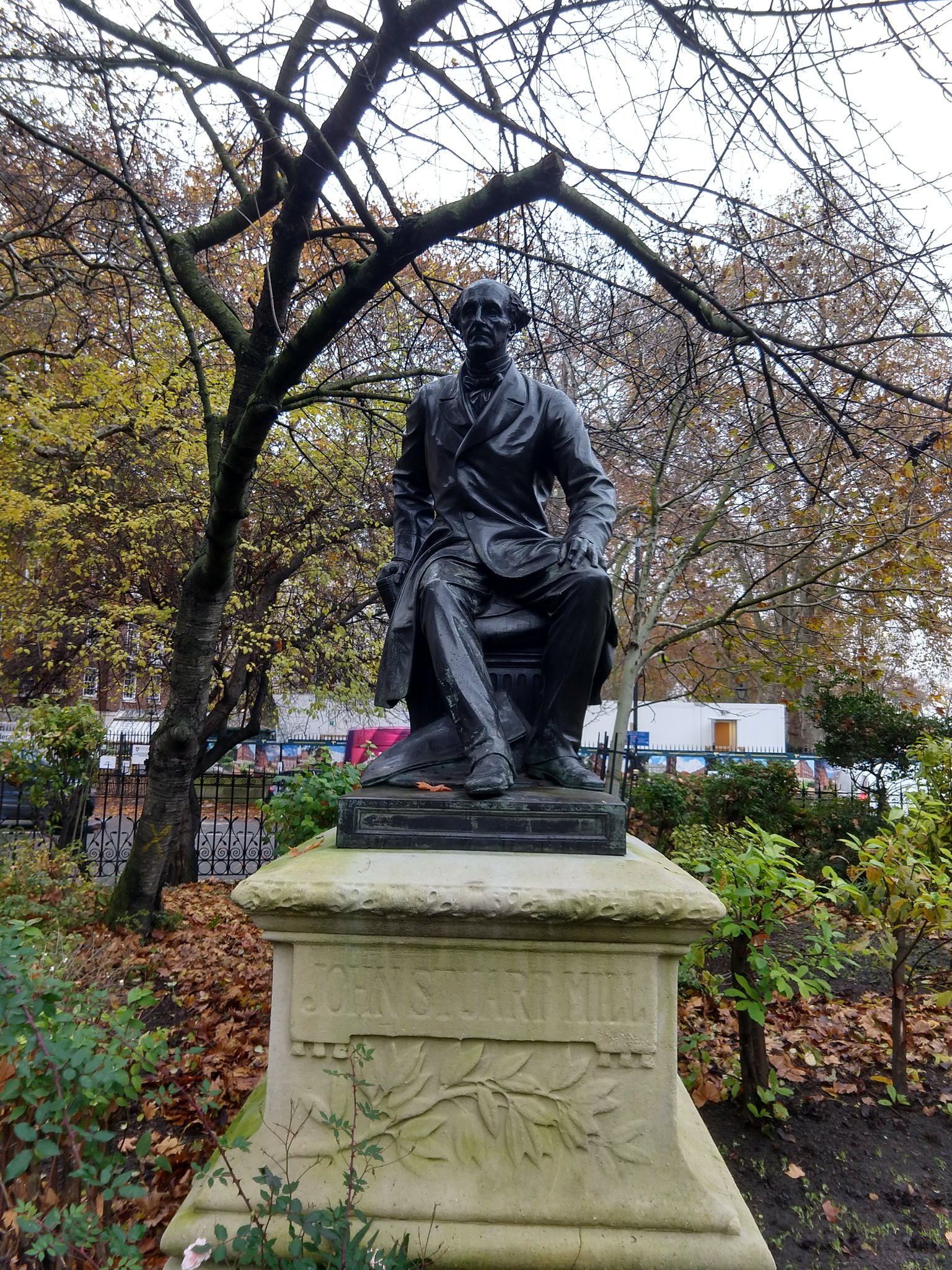A very telling paper from 1967 written by a top sociologist called Howard S. Becker.
-
Becker, H. S. (1967). Whose side are we on?. Social problems, 14(3), 239-247.
I quote:
To have values or not to have values: the question is always with us. When sociologists undertake to study problems that have relevance to the world we live in, they find themselves caught in a crossfire. Some urge them not to take sides, to be neutral and do research that is technically correct and value free. Others tell them their work is shallow and useless if it does not express a deep commitment to a value position.
This dilemma, which seems so painful to so many, actually does not exist, for one of its horns is imaginary. For it to exist, one would have to assume, as some apparently do, that it is indeed possible to do research that is uncontaminated by personal and political sympathies. I propose to argue that it is not possible and, therefore, that the question is not whether we should take sides, since we inevitably will, but rather whose side we are on
So, it’s not possible to do value free social science. That’s true insofar as values have some effect on what we choose to study, initial hypotheses and so on. But it’s not true insofar as it condemns us to complete relativism about truth. He continues with the point that scientists don’t generally state their biases up front, and then:
We seldom make the feeling explicit. Instead, it appears as a lingering worry for sociological readers, who would like to be sure they can trust what they read, and a troublesome area of self-doubt for those who do the research, who would like to be sure that whatever sympathies they feel are not professionally unseemly and will not, in any case, seriously flaw their work. That the worry affects both readers and researchers indicates that it lies deeper than the superficial differences that divide sociological schools of thought, and that its roots must be sought in characteristics of society that affect us all, whatever our methodological or theoretical persuasion
If the feeling were made explicit, it would take the form of an accusation that the sympathies of the researcher have biased his work and distorted his findings. Before exploring its structural roots, let us consider what the manifest meaning of the charge might be. It might mean that we have acquired some sympathy with the group we study sufficient to deter us from publishing those of our results which might prove damaging to them. One can imagine a liberal sociologist who set out to disprove some of the common stereotypes held about a minority group. To his dismay, his investigation reveals that some of the stereotypes are unfortunately true. In the interests of justice and liberalism, he might well be tempted, and might even succumb to the temptation, to suppress those findings, publishing with scientific candor the other results which con-firmed his beliefs.
But this seems not really to be the heart of the charge, because sociologists who study deviance do not typically hide things about the people they study. They are mostly willing to grant that there is something going on that put the deviants in the position they are in, even if they are not willing to grant that it is what the people they studied were originally accused of.
My emphasis. Of course, they do exactly that sort of thing. They came up with a theory, stereotype threat (mostly false), that makes it harmful to even talk about group differences because this causes people to copy them! Viola, debating reality has been outlawed based on the harm principle, in a way that should make old Stuart Mill roll in his grave (maybe he will roll a bit more when they soon start destroying his statues).
And he continues along the weaker implication:
A more likely meaning of the charge, I think, is this. In the course of our work and for who knows what private reasons, we fall into deep sympathy with the people we are studying, so that while the rest of the society views them as unfit in one or another respect for the deference ordinarily accorded a fellow citizen, we believe that they are at least as good as anyone else, more sinned against than sinning. Because of this, we do not give a balanced picture. We focus too much on questions whose answers show that the supposed deviant is morally in the right and the ordinary citizen morally in the wrong. We neglect to ask those questions whose answers would show that the deviant, after all, has done some-thing pretty rotten and, indeed, pretty much deserves what he gets. In consequence, our overall assessment of the problem being studied is one-sided. What we produce is a whitewash of the deviant and a condemnation, if only by implication, of those respectable citizens who, we think, have made the deviant what he is.
This paper is really worth reading. I am posting it here to increase attention and for ease of reference.

